The worst Christmas film ever made includes a moment when a man we’re not supposed to have noticed is creepy suggests, “At Christmas, you tell the truth.”
That line has always stayed with me, because it’s an assertion I’ve never heard anywhere else and which I suspect is not true. Christmas is generally a time spent with family. If we all start telling the truth, who knows where it’ll lead.
But that line from Love, Actually does, at least, offer me a helpful excuse to make my own grand assertion this Christmas. The single biggest barrier to making Britain’s railway network fit for the future isn’t the fault of anybody working within the industry. It isn’t the franchise system, strange and outdated though that is, and it isn’t covid, despite its disastrous effect on literally everything. It’s not even really the Prime Minister, problem though he is in many other ways. No: the biggest barrier between Britain’s railways and the future is the Treasury.
We’ve all, I assume, noticed the perversity of November’s long-awaited Integrated Rail Plan. After ministers had spent two years talking about how this was a government elected by the North and blurting out the words “levelling up” every time someone blinked, reports began to appear suggesting that budgetary constraints might force the Northern Powerhouse Rail bit of the plan into choosing between a new high-capacity underground station at Manchester Piccadilly and a new route via long-neglected Bradford. In the end, the Treasury compromised, by scrapping both. At the same time, it hacked a chunk out of the eastern arm of HS2, thus massively reducing capacity to the East Midlands, Yorkshire and the North East. Happy Christmas.
All this came as a nasty surprise to those naive enough to believe ministerial promises but not, I suspect, to anybody familiar with the Treasury view of the world. It was also not the end of the story. A few weeks later, the Telegraph reported that the Treasury was blocking a £30bn plan to electrify Britain’s railways – despite the fact that, with under 40% of the network electrified, the UK has one of the most diesel-dependent networks in western Europe. Not content with preventing a railway fit for the 21st century, the bean counters are apparently not yet sold on the economic case for the 20th.
None of this is specific to this government; none of this is new. Two new platforms at Piccadilly – a key part of 2010’s Northern Hub scheme, which would create extra capacity across the north by turning terminating trains into through services – were promised by George Osborne, and due to be completed in 2016. They have been repeatedly delayed and there are currently no plans to build them, because the Treasury has yet to be convinced they are value for money. This remains its stance even though not building them undermines the bits of the scheme it has funded, like the Ordsall Curve, which must surely raise questions about the department’s qualifications to make such judgements.
Even under Labour, which everyone would admit was quite a lot spendier, there were vast numbers of projects that never got off the ground because the computer said no. (Just ask anybody trying to move around Leeds.) Whoever is chancellor, the Treasury consistently follows a position of panicking about costs while paying scant attention to benefits. The current government may have dedicated an entire department to “levelling up”, but it is difficult to see how that can be meaningful while the purse strings are controlled by people who have shown over decades that they don’t care about equality or regional development or even ensuring the existence of basic infrastructure, only about not spending too much cash.
That is its position, at least, when it comes to trains. But while the Treasury has been cancelling investment in the rail network wherever it can find it, the government’s lazily named Road Investment Strategy 2 – a £27bn investment over just five years – zooms merrily on. That, too, has seen cuts, to be fair, but by a mere £3.5bn. (The entire Northern Hub project was meant to cost comfortably under £600m.) It is hard to square this with the government’s commitment to reach net zero by 2050, just as it’s hard to see how scrapping the electrification plan fits with the pledge to remove all diesel trains from the railway by 2040. The Treasury has dealt with the contradiction by pretending it hasn’t noticed it.
This government built its majority in former Labour seats in the Midlands and the North – the sorts of places where resentments towards London and the largesse successive governments have shown them runs high. Levelling up is the closest it has to a political priority now Brexit is done, and few politicians have ever been quite so enthusiastic about major infrastructure projects as Boris Johnson.
And yet, even with all that in the rail network’s favour – even with growing pressure on the government to cut its carbon footprint as swiftly as humanly possible – the government seems perfectly content to throw money at the road networks while squeezing rail as much as possible. The problem is not just Boris Johnson or his ministers or even the Conservative party. The problem is the Treasury.
About Jonn Elledge
Jonn Elledge is a journalist and editor who specialises in transport and local government. Former assistant editor of the New Statesman.















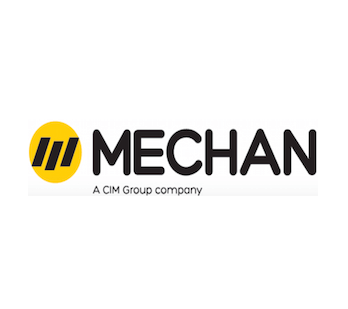
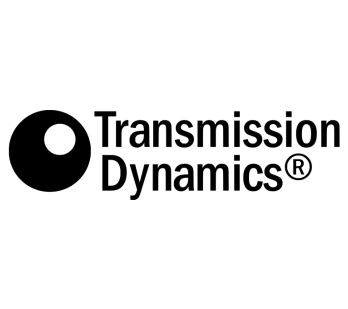





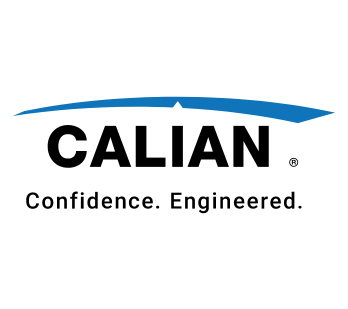



















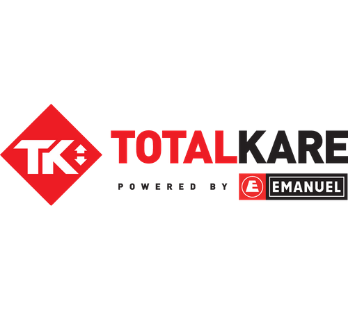



















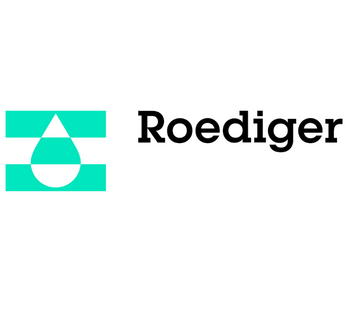














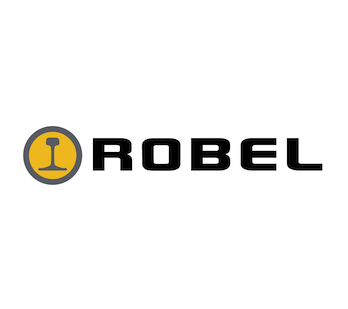








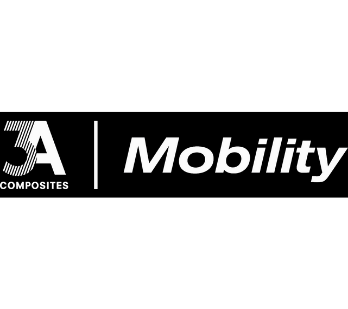







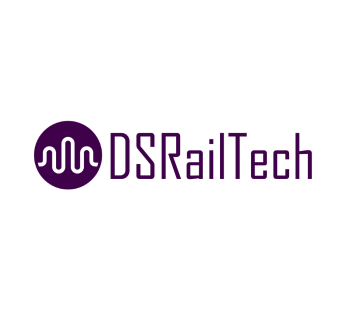
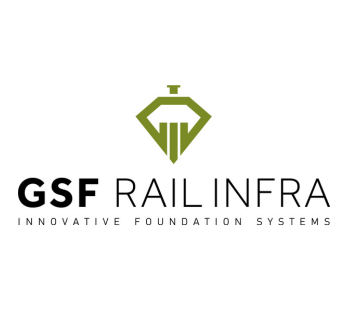



Comment
by Jonn Elledge
Published
23 Dec 2021
Tags
Climate Change
Comment
HS2
United Kingdom
The worst Christmas film ever made includes a moment when a man we’re not supposed to have noticed is creepy suggests, “At Christmas, you tell the truth.”
That line has always stayed with me, because it’s an assertion I’ve never heard anywhere else and which I suspect is not true. Christmas is generally a time spent with family. If we all start telling the truth, who knows where it’ll lead.
But that line from Love, Actually does, at least, offer me a helpful excuse to make my own grand assertion this Christmas. The single biggest barrier to making Britain’s railway network fit for the future isn’t the fault of anybody working within the industry. It isn’t the franchise system, strange and outdated though that is, and it isn’t covid, despite its disastrous effect on literally everything. It’s not even really the Prime Minister, problem though he is in many other ways. No: the biggest barrier between Britain’s railways and the future is the Treasury.
We’ve all, I assume, noticed the perversity of November’s long-awaited Integrated Rail Plan. After ministers had spent two years talking about how this was a government elected by the North and blurting out the words “levelling up” every time someone blinked, reports began to appear suggesting that budgetary constraints might force the Northern Powerhouse Rail bit of the plan into choosing between a new high-capacity underground station at Manchester Piccadilly and a new route via long-neglected Bradford. In the end, the Treasury compromised, by scrapping both. At the same time, it hacked a chunk out of the eastern arm of HS2, thus massively reducing capacity to the East Midlands, Yorkshire and the North East. Happy Christmas.
All this came as a nasty surprise to those naive enough to believe ministerial promises but not, I suspect, to anybody familiar with the Treasury view of the world. It was also not the end of the story. A few weeks later, the Telegraph reported that the Treasury was blocking a £30bn plan to electrify Britain’s railways – despite the fact that, with under 40% of the network electrified, the UK has one of the most diesel-dependent networks in western Europe. Not content with preventing a railway fit for the 21st century, the bean counters are apparently not yet sold on the economic case for the 20th.
None of this is specific to this government; none of this is new. Two new platforms at Piccadilly – a key part of 2010’s Northern Hub scheme, which would create extra capacity across the north by turning terminating trains into through services – were promised by George Osborne, and due to be completed in 2016. They have been repeatedly delayed and there are currently no plans to build them, because the Treasury has yet to be convinced they are value for money. This remains its stance even though not building them undermines the bits of the scheme it has funded, like the Ordsall Curve, which must surely raise questions about the department’s qualifications to make such judgements.
Even under Labour, which everyone would admit was quite a lot spendier, there were vast numbers of projects that never got off the ground because the computer said no. (Just ask anybody trying to move around Leeds.) Whoever is chancellor, the Treasury consistently follows a position of panicking about costs while paying scant attention to benefits. The current government may have dedicated an entire department to “levelling up”, but it is difficult to see how that can be meaningful while the purse strings are controlled by people who have shown over decades that they don’t care about equality or regional development or even ensuring the existence of basic infrastructure, only about not spending too much cash.
That is its position, at least, when it comes to trains. But while the Treasury has been cancelling investment in the rail network wherever it can find it, the government’s lazily named Road Investment Strategy 2 – a £27bn investment over just five years – zooms merrily on. That, too, has seen cuts, to be fair, but by a mere £3.5bn. (The entire Northern Hub project was meant to cost comfortably under £600m.) It is hard to square this with the government’s commitment to reach net zero by 2050, just as it’s hard to see how scrapping the electrification plan fits with the pledge to remove all diesel trains from the railway by 2040. The Treasury has dealt with the contradiction by pretending it hasn’t noticed it.
This government built its majority in former Labour seats in the Midlands and the North – the sorts of places where resentments towards London and the largesse successive governments have shown them runs high. Levelling up is the closest it has to a political priority now Brexit is done, and few politicians have ever been quite so enthusiastic about major infrastructure projects as Boris Johnson.
And yet, even with all that in the rail network’s favour – even with growing pressure on the government to cut its carbon footprint as swiftly as humanly possible – the government seems perfectly content to throw money at the road networks while squeezing rail as much as possible. The problem is not just Boris Johnson or his ministers or even the Conservative party. The problem is the Treasury.
About Jonn Elledge
Jonn Elledge is a journalist and editor who specialises in transport and local government. Former assistant editor of the New Statesman.